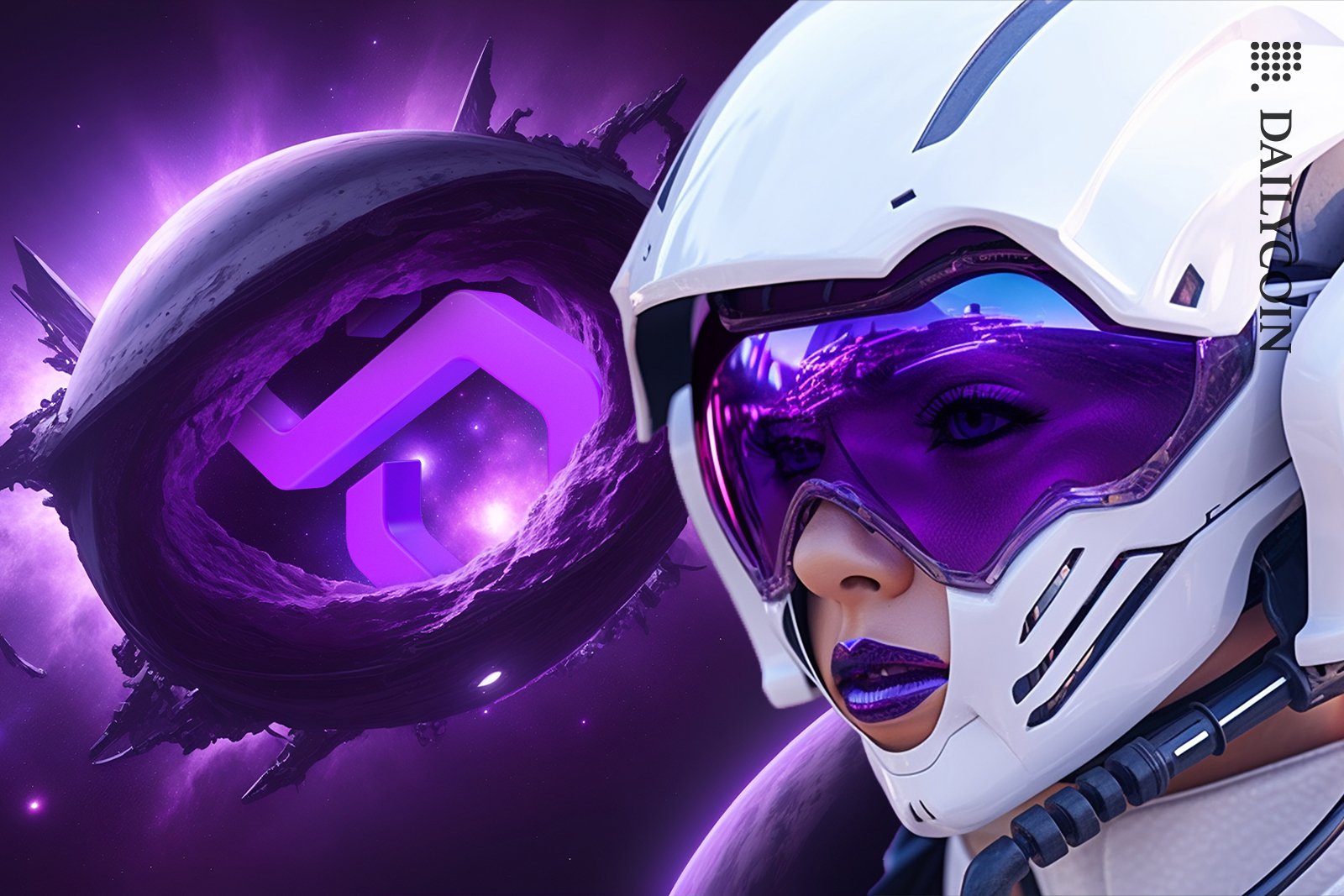
- Polygon Labs has unveiled the first series of proposals for the Polygon 2.0 vision.
- The initial proposals focus on the MATIC to POL upgrade.
- The proposals come amid a flurry of big changes lined up for the network.
The Polygon ecosystem is set to undergo a complete overhaul. Unveiled in June 2023, the new roadmap dubbed Polygon 2.0 intends to transform the ecosystem into a network of zero knowledge-powered Layer-2 chains with unified liquidity that can infinitely scale the Ethereum network.
Ahead of planned changes, Polygon Labs has released the first Polygon Improvement Proposals (PIPs) in line with this roadmap for community feedback.
Phase 0: The ‘Frontier’
On Thursday, September 14, Polygon Labs published proposals in the Polygon community forum under what it has dubbed the “Phase 0 (Frontier)” of the Polygon 2.0 roadmap.
Sponsored
Proposals in Phase 0 primarily focus on upgrading MATIC, the native token of the Polygon Proof-of-Stake (PoS) chain to POL, which is intended to serve the entire ecosystem. The first of these proposals, PIP-17, details the procedure for the token upgrade. This proposal includes details of POL’s accompanying contracts and configurations.
The second Phase 0 proposal, PIP-19, calls for implementing POL as the native token of the Polygon PoS chain by upgrading the PoS Plasma Bridge Contract, which developers primarily use to transfer assets from Ethereum to Polygon and vice versa. The upgrade to the bridge will, among other things, convert MATIC in the bridge to POL and fulfill withdrawal requests from the bridge with POL.
However, PIP-19 will not change contracts on the Polygon PoS chain to allow for maximum backward compatibility. At the same time, MATIC will remain operational and serve as staking rewards till further changes are proposed.
Sponsored
POL is designed to serve as the fuel for the Polygon ecosystem’s proposed shared validator pool. With the token, holders can validate transactions across the multiple ZK-powered Layer 2 chains in the ecosystem, earning numerous rewards from these chains.
Unlike MATIC, which has a supply capped at 10 billion, POL’s supply will increase by 2% yearly to accommodate a future where the ecosystem continues to expand. The MATIC to POL upgrade is just one of the many changes the Polygon ecosystem is set to undergo.
A Complete Overhaul
Aside from upgrading MATIC to POL, Polygon Labs has revealed that as part of the Polygon 2.0 roadmap, the PoS chain will be transitioning to a Layer 2 zkEVM validium chain. Additionally, the network has also proposed critical changes to governance.
The team recently released the Chain Development Kit (CDK) to catalyze the envisioned Polygon ecosystem growth. The kit comes packed with tools that Polygon co-founder Sandeep Nailwal asserts can allow developers to launch a zkEVM Layer 2 chain in ten minutes. The kit is already witnessing significant adoption as leading Japanese blockchain Astar Network recently unveiled plans to join the Polygon ecosystem by launching a zkEVM Layer 2 using the CDK.
On the Flipside
- The Phase 0 proposals may change during the review period.
- The completion of the Polygon 2.0 roadmap is expected to happen next year.
Why This Matters
The Polygon 2.0 vision will allow users to experience the entire ecosystem like a single blockchain and compete with other scaling solutions working towards multichain futures. Phase 0 marks the beginning of Polygon’s journey towards this ZK-powered future.
Read this to learn more about the MATIC to POL upgrade:
How Polygon’s MATIC to POL Upgrade Unlocks the Polygon 2.0 Vision
Follow the happenings in the $500k BTC fee debacle:
F2Pool Debates $500K BTC Fee Return as Paxos Confirms Error

